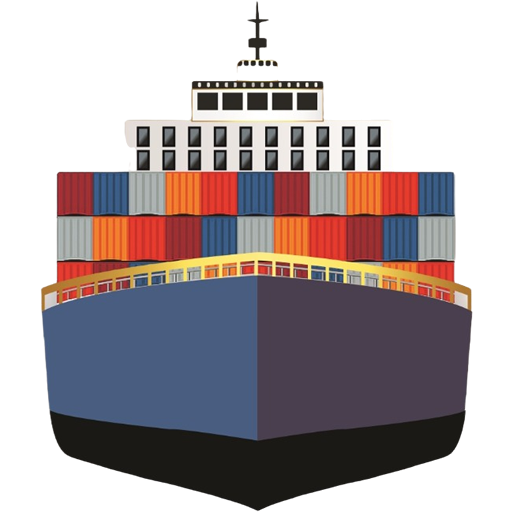
Cutting Corners in Vehicle Importation: The Unsettling Trend of Short Payments in Duty Tariffs
The vehicle importation industry in Nigeria has been plagued by a disturbing trend: clearing agents cutting corners with customs officials to pay short payments on duty tariffs. This unethical practice has far-reaching consequences, compromising the integrity of the customs clearance process and perpetuating an unfair advantage for some car dealers. In this article, we will delve into the reasons behind this trend, its implications, and the urgent need for reform.
Clearing agents, under pressure to retain car dealer trust and survive the heavy duty tax imposed on vehicle importation, have resorted to making settlements with customs officials. These settlements enable them to pay half of the original duty tariff, thereby reducing the financial burden on car dealers. However, this practice undermines the principles of fair trade and revenue generation for the government.
The short payment trend has severe consequences, including:
1. Revenue Loss: The government incurs significant revenue losses due to underpaid duties.
2. Unfair Competition: Car dealers who comply with the law are disadvantaged, as they cannot compete with those who benefit from reduced duty payments.
3. Compromised Customs Integrity: The collusion between clearing agents and customs officials erodes trust in the customs clearance process.
4. Increased Risk: Short payments may lead to delayed or seized shipments, causing additional costs and stress for car dealers.
To address this issue, both the government and industry stakeholders must take responsibility:
1. Government:
– Redefine duty tax on vehicles: Review and adjust the duty tax structure to make vehicle importation more affordable and reduce the incentive for short payments.
– Strengthen Enforcement: Implement stricter penalties for non-compliance and ensure consistent monitoring.
2. Industry Stakeholders:
– Ethical Practices: Clearing agents and car dealers must adhere to ethical standards and comply with regulations.
– Transparency: Regularly publish duty tariff rates and clearance procedures to reduce ambiguity.
The short payment trend in vehicle importation is a pressing concern that demands attention and action. By addressing the root causes and implementing reforms, we can restore fairness and integrity in the industry. The government and industry stakeholders must work together to create a more transparent and affordable vehicle importation process, promoting economic growth and fairness for all.


